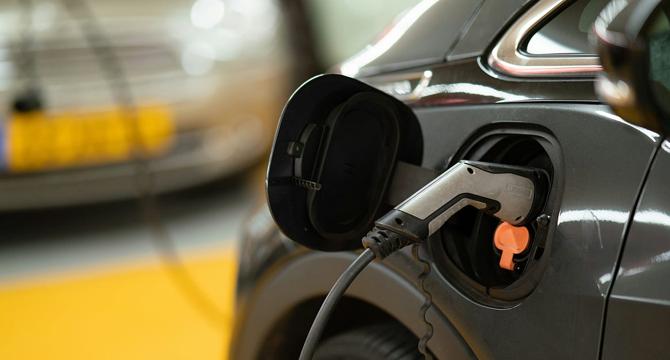Bloomberg Quint
1M
353

Image Credit: Bloomberg Quint
India Open To Easing EV Rules As China’s Rare Earth Curbs Bite
- India is considering easing the 50% localization requirement for electric vehicle makers due to China's rare earths export restrictions.
- Automakers may be allowed to import fully built motors or assemblies to bypass the current restrictions.
- The Ministry of Heavy Industries has not yet responded to requests for comments on the matter.
- Suppliers are seeking alternative supply chains to cope with the rare earths shortage.
- A prolonged disruption in supplies could impact meeting localization norms under the Production-Linked Incentives program.
- Rare earth minerals are crucial for making traction motors used in electric vehicles.
- Indian automakers may have to import fully made parts from China if supply disruptions continue.
- The export curbs are affecting Indian auto component makers who heavily invested in localizing EV parts.
- Shipping costs for importing motors from China could significantly increase production costs for electric vehicles.
- Indian OEMs are evaluating options like importing motors as whole or sub-assemblies from China.
- The situation poses a challenge to India's self-reliance goals in electric vehicle manufacturing.
- The curbs are particularly impacting components like permanent magnet synchronous reluctance motors and magnet-based assemblies.
- Some Indian auto component makers risk losing business to Chinese suppliers due to the restrictions.
- The possibility of increased costs due to importing components is a concern for the mass-market electric vehicle segment.
- Automakers are currently assessing the best alternatives to mitigate the impact of China's rare earths export restrictions.
Read Full Article
21 Likes
For uninterrupted reading, download the app